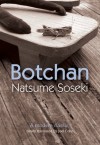 The Plot
The Plot
The younger son of a relatively middle class family in Meiji era Japan, the narrator of Botchan advances through life with a reckless attitude and next to no thought at all for his future prospects. We follow him through his days as a troublemaking child, the favorite of no one but the family’s servant, Kiyo, through the end of his first job — an ill-fated stint as a mathematics teacher at a small boys’ school out in the countryside. Botchan consistently baffles and astonishes everyone he meets with his lack of interest in political machinations and his unmeasured responses to social norms.
My Thoughts
We begin the book with a sketch of the narrator’s childhood. He grows up with parents who show little affection toward him, who favor his older brother to a very great extent. As a consequence, the family maid, Kiyo, determines to prefer him in all things and attribute to him any number of positive traits which he doesn’t really possess.
The narrator’s mother dies when he’s quite young, and then his father passes away when he’s a teenager. He receives a legacy (courtesy of his brother) after his father’s death, and decides the best course of action will be to spend it upon some sort of schooling. But nothing that requires too much ambition and effort to attain. So he spends three years at a school of the physical sciences, and eventually emerges with enough of a resume to secure himself a position as a math teacher at a boys’ school some distance from Tokyo.
We follow his adventures at the school for the remainder of the book. Like any sort of place of work, there are cliques and petty bickering, and Botchan has no interest at all in attempting to become involved: in fact, while he can sometimes make out the self-serving motivations of others, such backhandedness baffles and infuriates him. Understandably, his tenure at the school turns very rocky as a result.
The original Japanese text of Botchan is now out of copyright, and it’s old enough that even a translation of it is available for free on the Project Gutenberg website. I began my read-through using that translation. Or perhaps I should say transliteration, because there is a difference. As most everyone knows, translating something is a difficult business, particularly when the languages involved are very different from one another. The translator must constantly make decisions about whether to attempt to convey the meaning of a statement rather than a literal translation of the words, since often the latter winds up sounding stilted and awkward. The best translators make the process seem easy, even obvious — of course that’s how you would render that phrase in English! Those less skilled can leave the reader scratching their head, trying to puzzle out what a sentence was actually trying to say.
The translation from Project Gutenberg, unfortunately, swung more toward the ‘less skilled’ side. The rhythm of the sentences was just off somehow, still foreign, and it was very tiring to read. Halfway through I switched to a newer translation which improved things somewhat, though it also resulted in confusion, as the names given to several characters changed abruptly halfway through. (The book, narrated in first person, refers to many characters almost exclusively by nickname.)
It might have been the tough translation or it might not have, but I failed to achieve any sort of connection with the characters in the book. Most of them were not particularly sympathetic, or developed enough for sympathy to be worthwhile. Botchan himself was a slippery character to me. Even though the book is told in the first person, he’s not particularly introspective or thoughtful, so most of what we see are his instinctive reactions to what others are doing and his outrage when they fail to conform to his expectations. I got the impression that we were supposed to find him refreshing, a breath of fresh air, admirable because he was above the sort of infighting and scheming of the others. But he just came off as a thoughtless jerk to me, no better than any of the others. The only unambiguously ‘good’ character in the book is Kiyo, and even she has her own fault of blind (very blind!) loyalty to Botchan.
In Short
I find myself with an ambivalent feeling toward this book even now, some weeks after I finished reading it. I’m glad I read it – because it’s a classic, and from another culture, and has thus somehow expanded my mind by the mere fact of my reading. But was it actually good? I don’t know if I could go that far. I didn’t find it especially amusing or dramatic or endearing. I never felt connected to any of the characters. I may, however, attempt to have a look at the anime rendering of the story to see if it improves my opinion of the content.
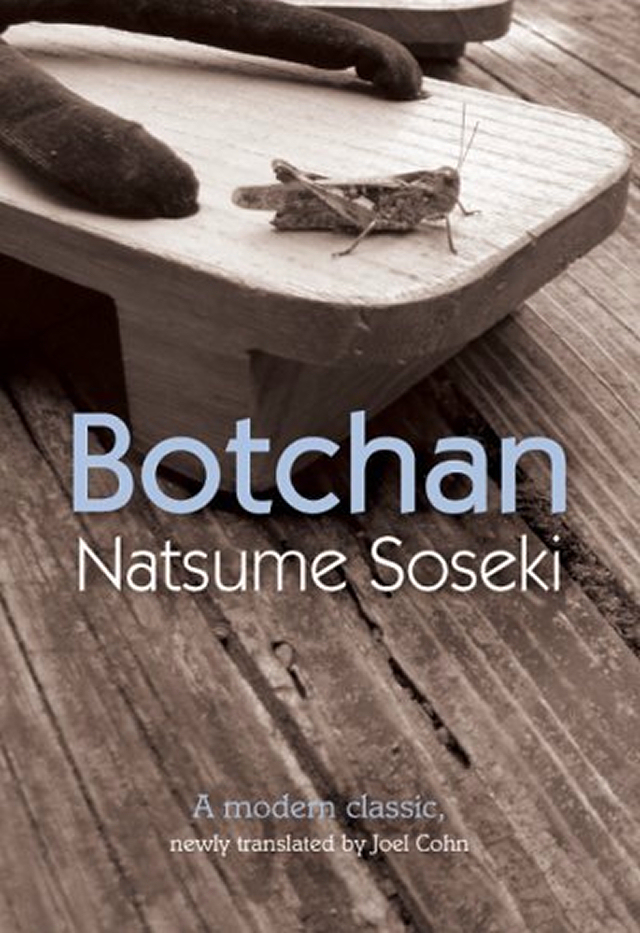

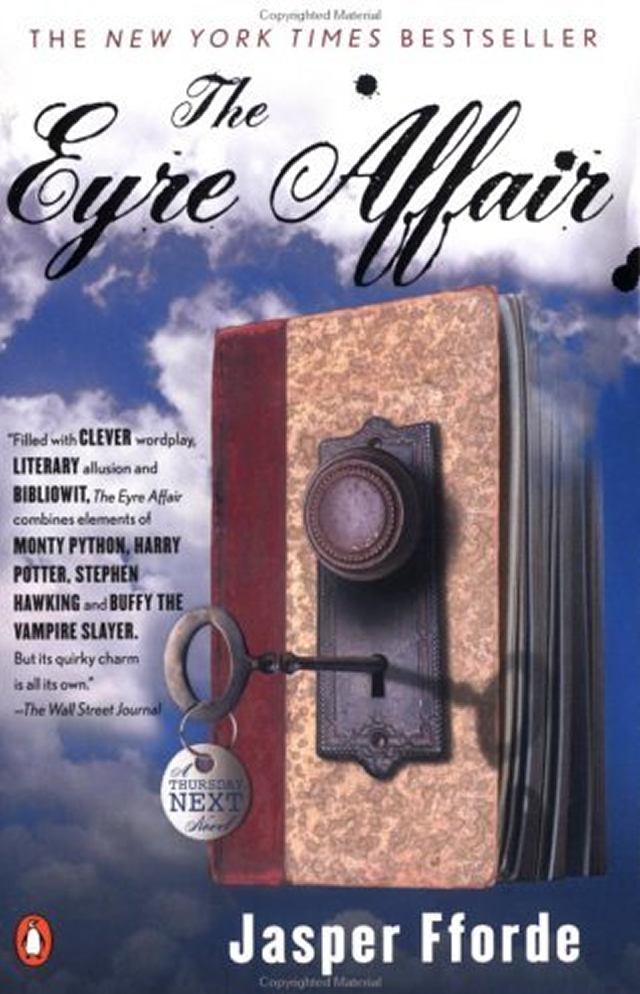

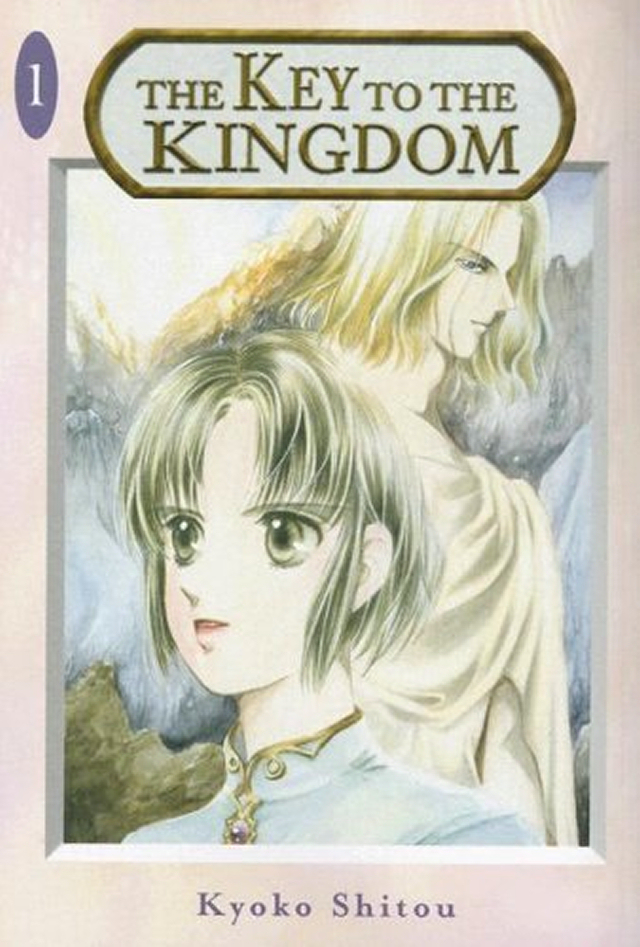
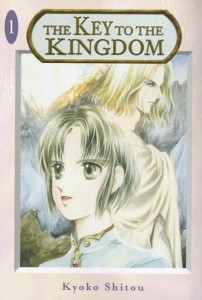
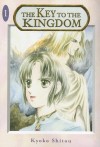 The Plot
The Plot